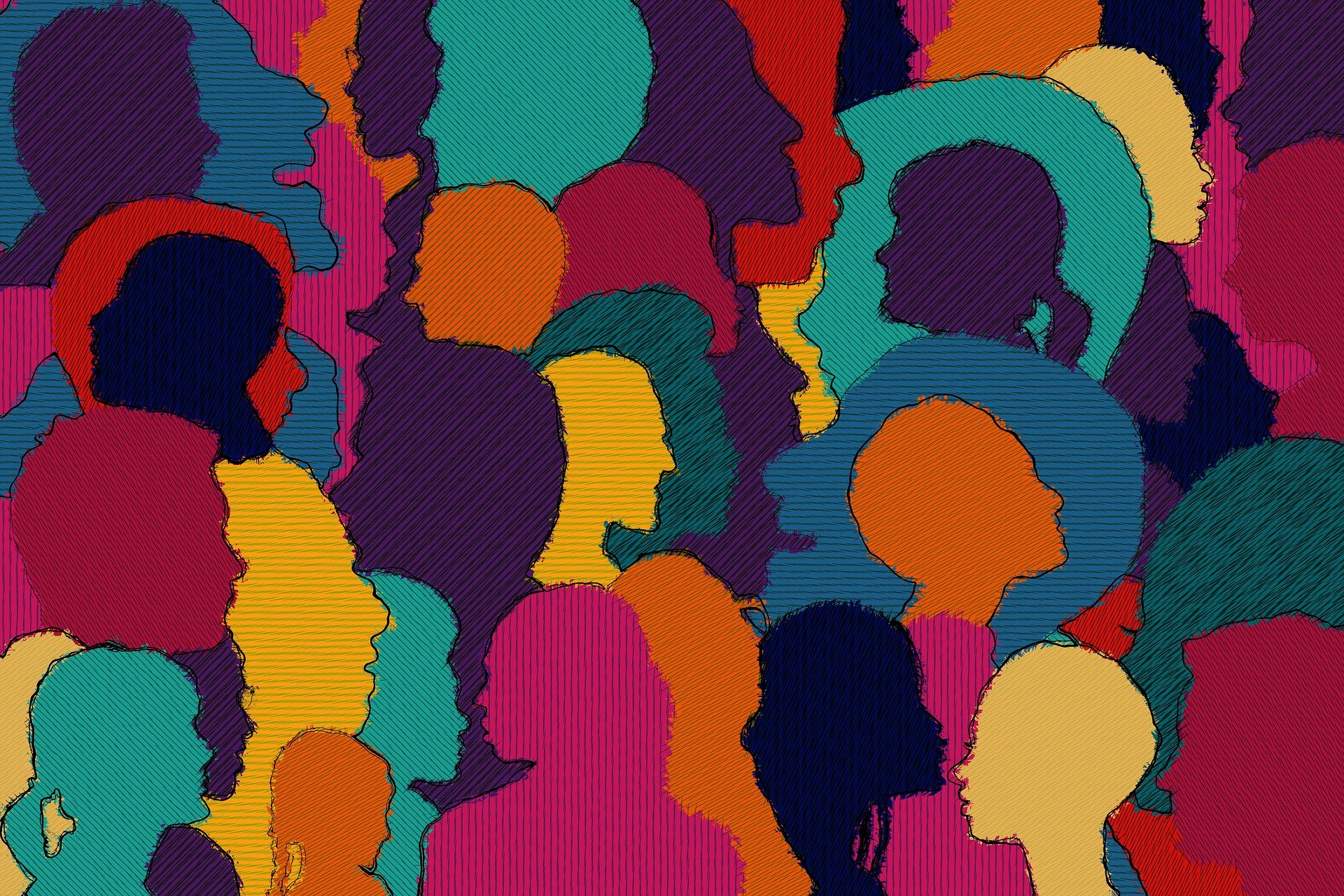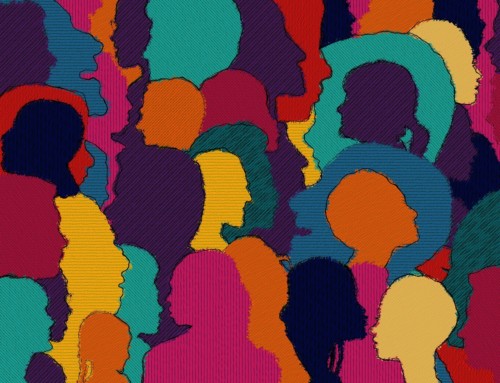
As an undergraduate, starting to think about the way that behavioural ecologists talk about non-human animal personality – consistent behaviours, present across time and context – I began to think about my own (human) experience of dyslexia, dyspraxia, and ADHD – which have been consistent for me, across time and context. At the time of my diagnosis, in 1997, these conditions were combined under the umbrella terms of specific learning difficulties and developmental delay. Unlike my experience of school through the 1990s and early 2000s, I am no longer the only person in the room with a specific learning difficulty, but attitude, and the labels we use, have changed.
Although I welcome the shift away from the medicalised terms of the 1990s to a more flexible and accepting spectrum of neurodivergence, and, as more of my friends, diagnosed as adults, are identifying with its various colours and catch-alls, I still sometimes feel alone in my specific learning difficulty. My diagnosis was not sugar-free, and it was not (is not?) something that I wanted to be defined by.
After hearing her speak on Desert Island Discs in 2013, I contacted the cognitive psychologist Professor Uta Frith, convinced that if a consistent aspect of my personality, present over time and context, was disrupting my life this much, that a specific learning difficulty must constitute some form of personality disorder. She replied very kindly about problems with self-reported data, correlational studies and a reliance on behaviour to measure personality traits. I like to think that I wasn’t even the first person with an ADHD diagnosis to contact her that afternoon.
Of course, these terms, old and new, describe the same thing, a cluster of behavioural traits around exploration, rather than exploitation, but language matters. A quick Google of their definitions, for example, gives different summaries by the AI overview:
Specific Learning Difficulties: Characterised by persistent difficulties in acquiring and using specific skills such as reading, writing, or math. These difficulties can range from mild to severe and are independent of intellectual ability. Individuals with SpLDs may also experience challenges with organisation, memory, and time management.
Neurodivergence: Characterised by differences in social communication, sensory processing, executive functions, and learning styles. While some traits can present challenges, they are also associated with unique strengths such as creativity, focus, and emotional intelligence.
I had the privilege of an early diagnosis (if that is the right word), but my experience of, and therefore my attitude towards, my own learning difficulty, feels different to my recently diagnosed friends. To be diagnosed at a time when the language used to describe neurodivergence was deficit-focused, meant that I felt characterised by those persistent difficulties – there was a note by my name in the register. Whereas the language used today is inclusive and empowering – neurodivergence, functionally diverse, the superpowers of creativity, focus and emotional intelligence. Where one focusses on costs, the other focusses on the benefits of exploration over exploitation – a learning difference has the potential to empower.
In writing this article I am continuing to reflect on my specific learning difficulties, but I want to also acknowledge the inherent privilege in that. To some extent, my specific-learning difficulties will always frame how I experience rejection at work, reading between the lines of automated rejection e-mails and peer-reviews focused on grammar over substance. But there are people who struggle in the same way without the benefit of an answer as to why. I can’t overstate how, for those people, a diagnosis is life-changing. I am very lucky.
Still, when applying for post-docs or fellowships in recent years, for some reason, I have hidden my disability from the application form. In the part with the drop-down disability menu, with option for Dyslexia, Dyspraxia, and/or ADHD, I worry that clicking it somehow admits to the deficiency. I worry that the person reading my application might prefer a candidate with less HR baggage, with better academic attainment as a teenager, somebody who talks less, and who can proof-read easily. Somebody better able to exploit their environment, rather than explore new ones.
Although behavioural traits that cluster around exploration have brought me a lot of success and fulfilment, I wonder if I’d feel differently on those application forms if I had been diagnosed with a super-power, rather than a deficiency.
If you are interested in contributing to the #BOUdiversityBlog, please get in touch with us via this form which ensures anonymity for those who seek it.
Image credit: CCO PD pixabay.com



